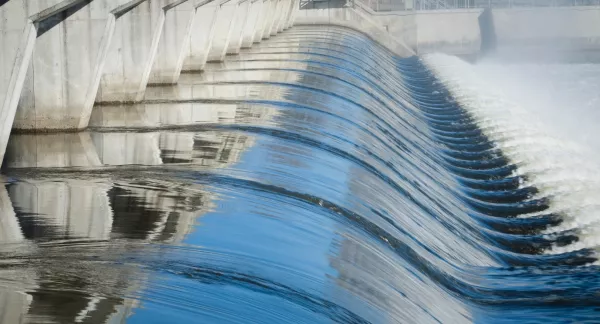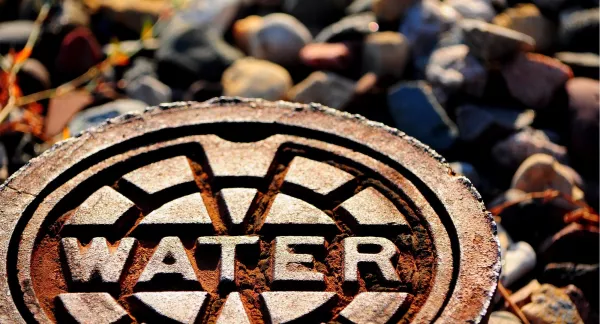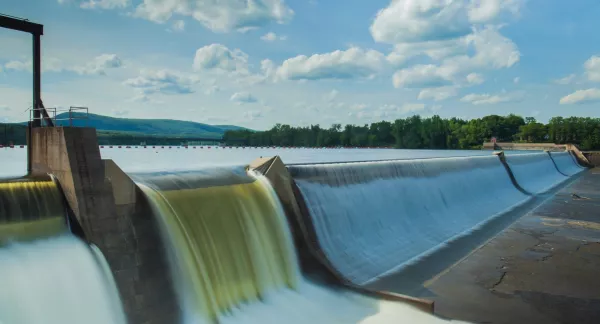Evaluating Economic and Environmental Benefits of Water Reuse for Agriculture
Research Impact
Water reuse in agriculture provides many important economic, environmental, and social benefits. Traditional cost-effectiveness approaches that focus only on financial metrics provide an incomplete picture of the true economic and societal value of these reuse projects. There is a need for greater understanding of the economic, environmental, and social tradeoffs of using recycled water and other nontraditional supplies for agricultural irrigation. This project addressed these challenges by conducting an evidence-based review of common benefits and costs of agricultural water reuse projects, developing guidance and tools to aid in benefit identification and accounting, and demonstrating the application of these tools to case examples. In addition, an online benefit library was developed outlining the benefits and costs associated with agricultural water reuse; the benefit library is available at https://bit.ly/37SR0VT. Research partner: Pentair Foundation. Published in 2021.
Originally funded as WERF project Reuse-16-06.


